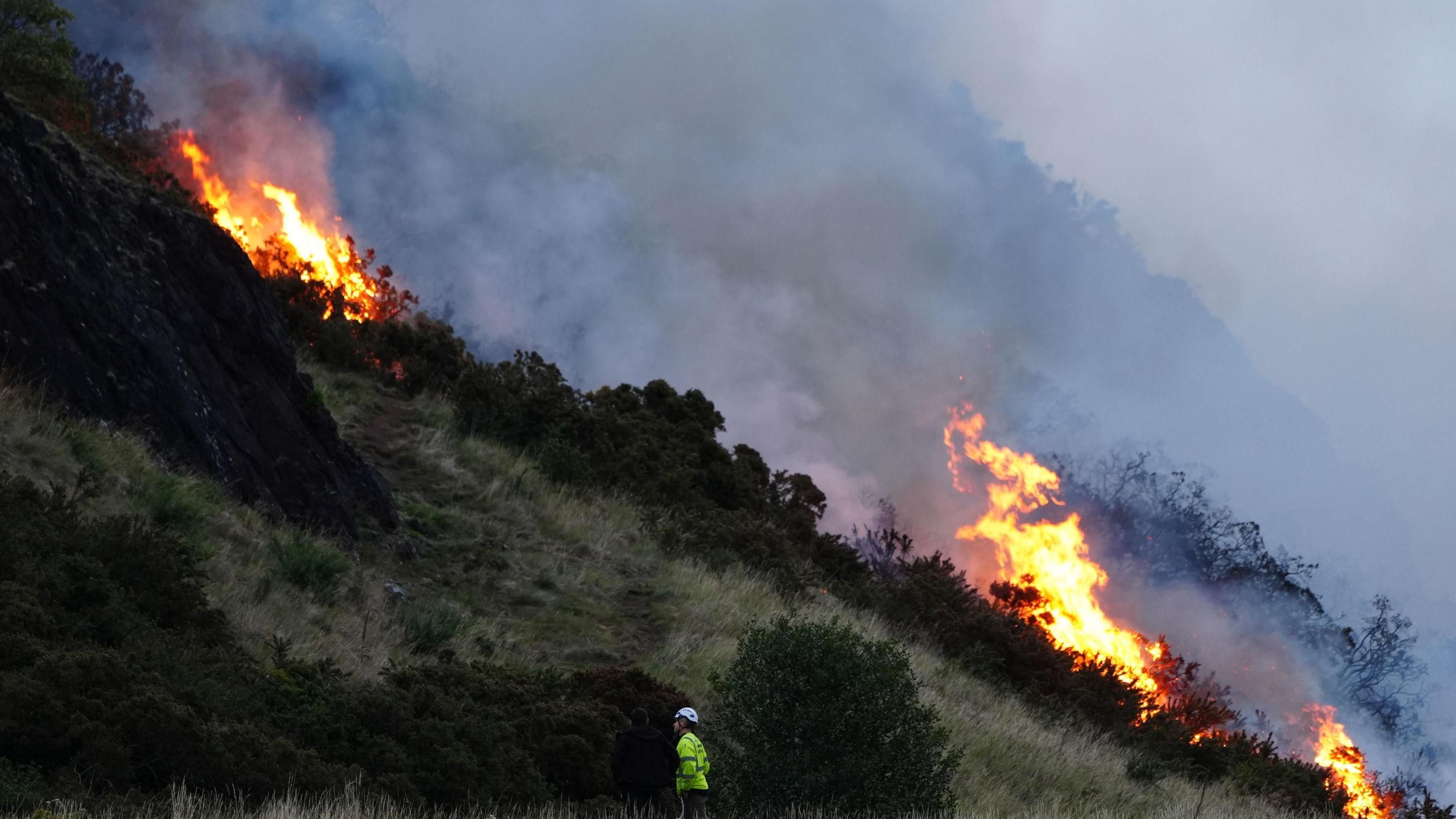Water firm urges caution in driest spell since 1976
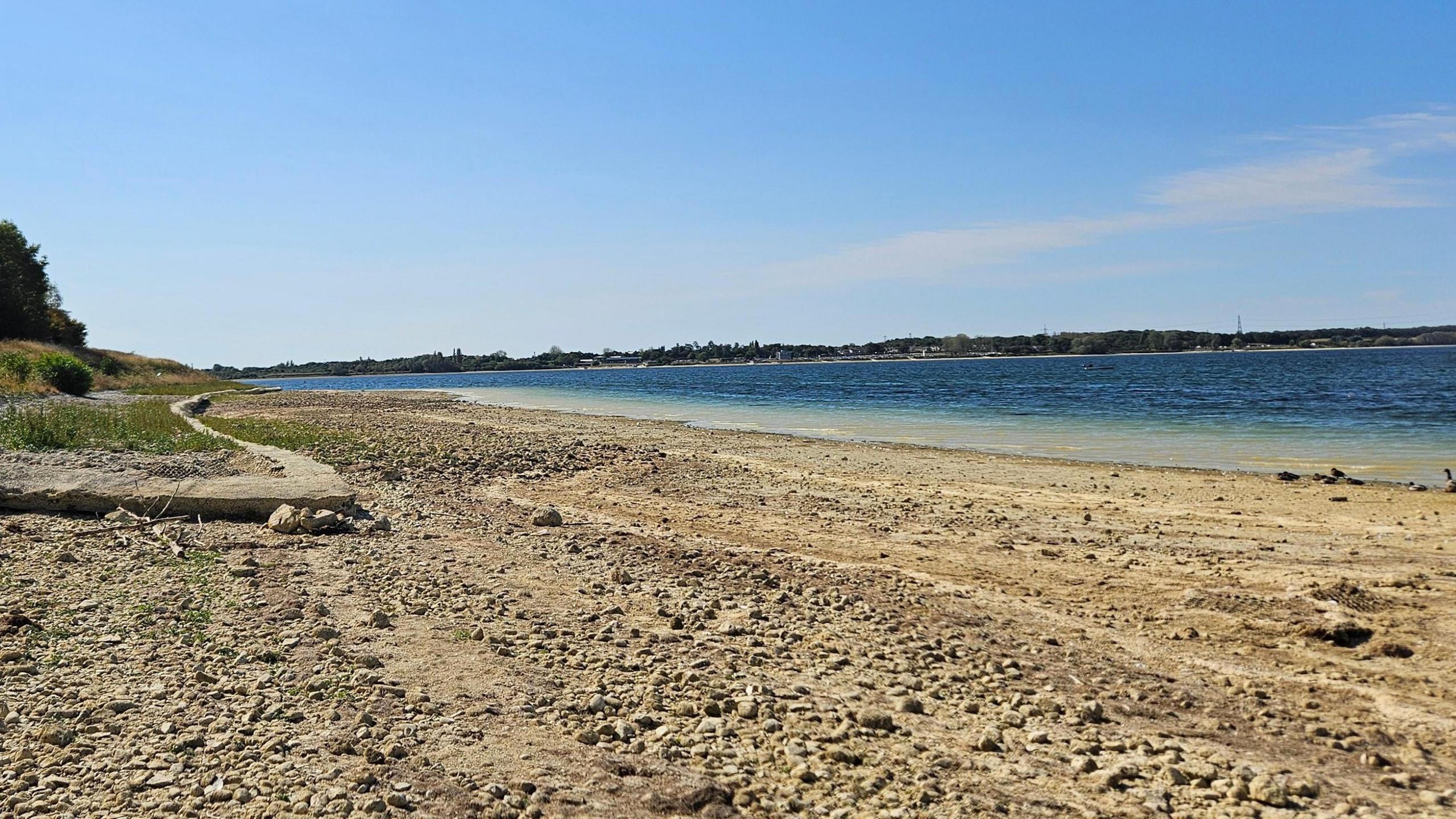
Anglian Water says an "exceptionally low" level of rain fell between February and July 2025 across the East
- Published
A water company said the East of England had seen its lowest spring and summer rainfall levels since 1976, making it the third driest season since 1899.
Anglian Water is urging customers to be careful with water "to help us protect the region", and said it was "working around the clock" to fix leaks.
Along with other companies including Cambridge Water, Thames Water and Affinity Water, Anglian Water, external has not yet introduced a hosepipe ban for the region.
However, Rupert Pearce Gould, chairman of the Cam & Ely Ouse Catchment Partnership, external (CamEO), said: "We would like to see a ban to create awareness around the problems of water shortages in a stressed region."
Mr Gould said the River Granta, a chalk stream in Cambridgeshire, was "drying up as we speak" and warned that soil moisture levels were also very low.
He said only "weeks of persistent drizzle" would help to restore the environment.
"We are seeing dramatic and extreme water and moisture changes due to climate change.
"If we have a dry September, we could be in for an interesting time. The time for action is now," he added.
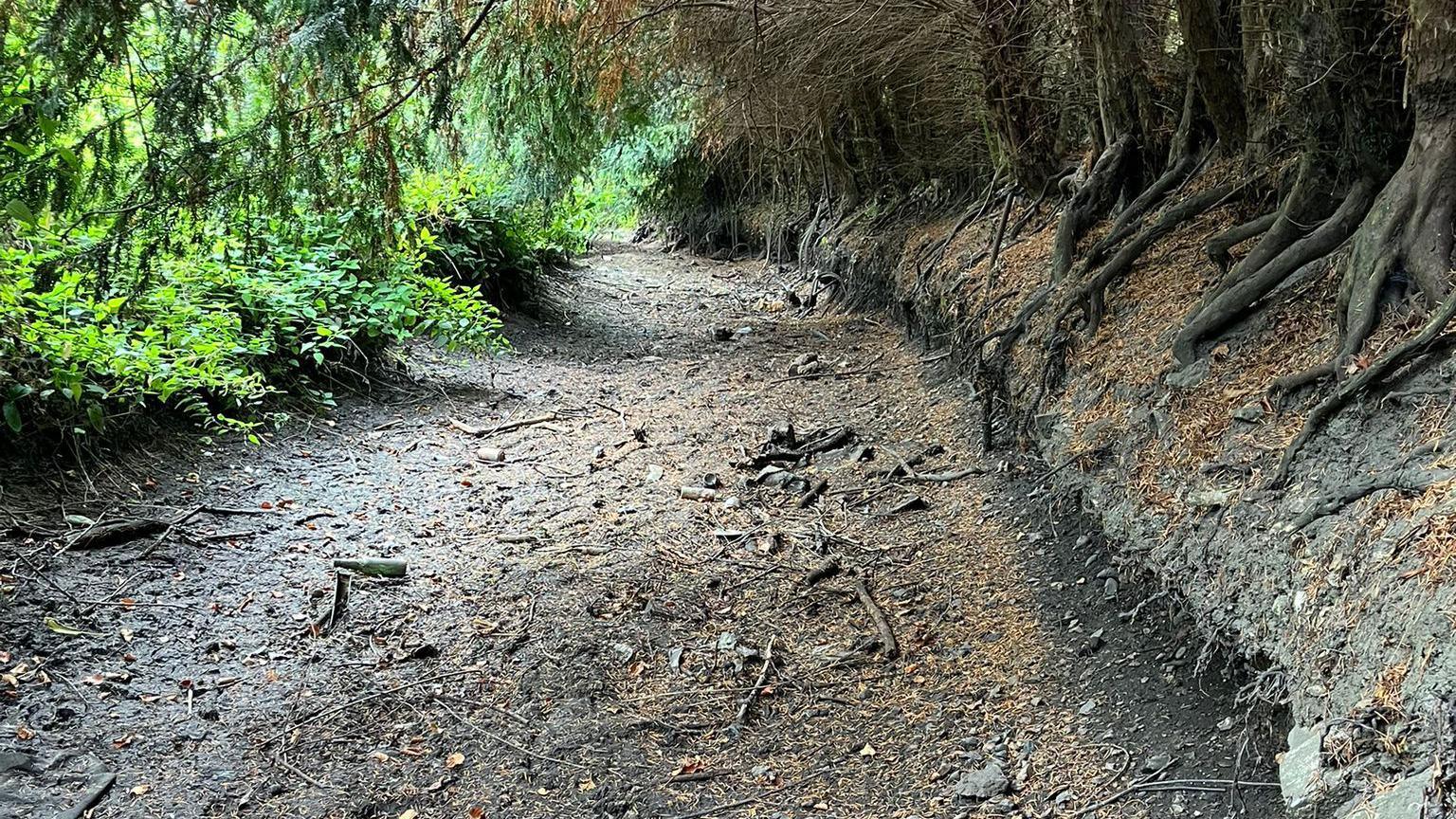
Luton's chalk stream the River Lea is reported to have dried up between Leagrave and Wardown Park
The BBC has seen provisional Environment Agency data for August rainfall across East Anglia.
Between 1-19 August, less than 10mm of rain fell. A typical August would see an average of 60mm.
The Met Office said its provisional statistics, external showed East Anglia had received 53% of its expected rainfall this summer: a total of 88mm.
This is "a low figure", although not as low as 2022 when only 72mm of rain was recorded from 1 June to the end of August.
However, when taking spring into account, Anglian Water found 2025 to be exceptionally dry with only 165mm of rain accumulation between February and July.
"This six-month period of Feb-Jul 2025 was the third lowest in Anglian records going back to 1899 - only beaten by 1976 and 1921," the firm told the BBC.
An Environment Agency spokesperson said: "The East of England has been experiencing a prolonged period of dry weather.
"Low rainfall and high temperatures are putting the environment under increasing stress and affecting the availability of water for agriculture and industry."
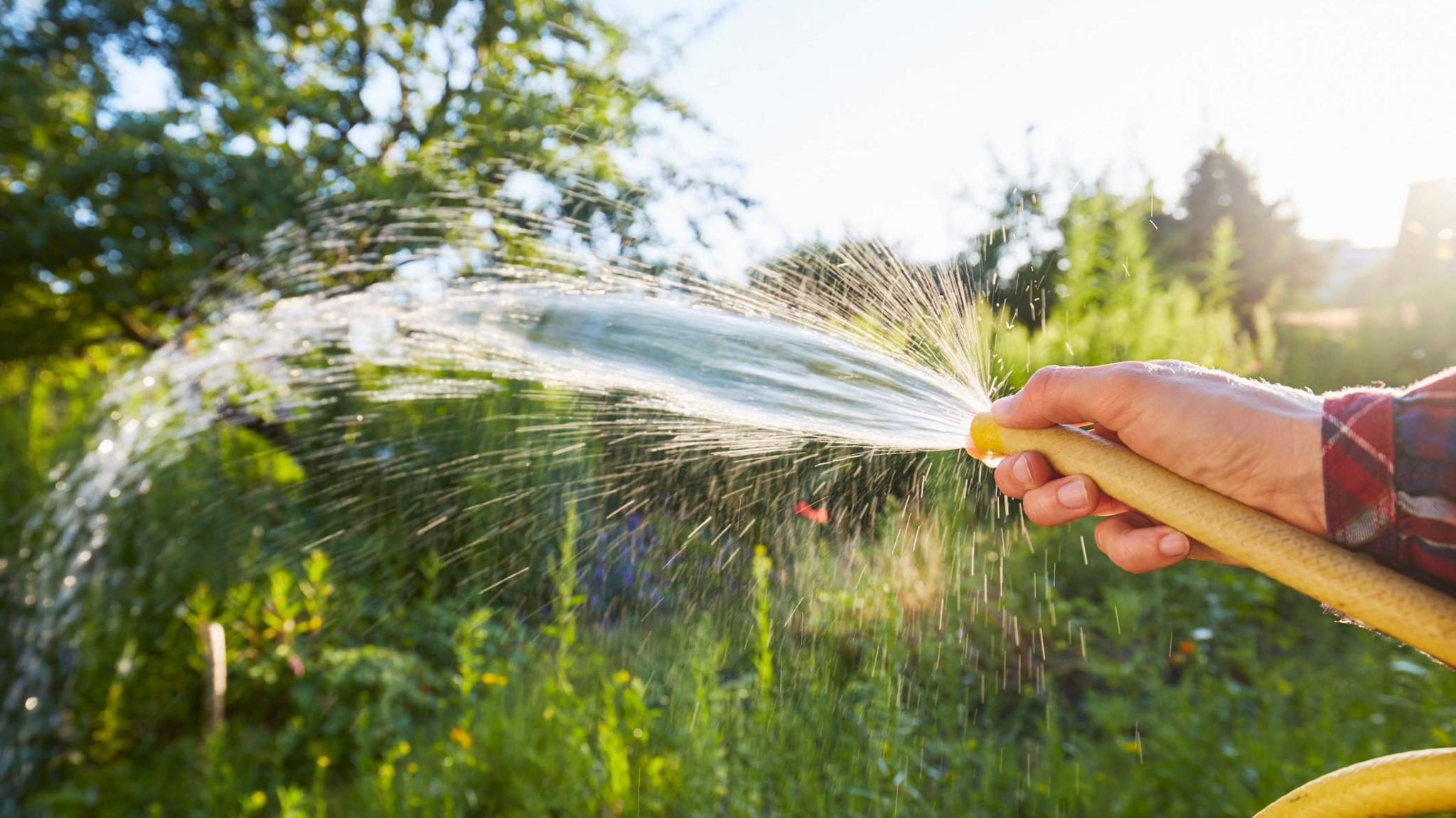
Anglian Water says it does not want to impose a hosepipe ban in the East of England "unless we absolutely need to"
Cambridge Water said it was continuing to follow its drought management plan and was monitoring supplies and usage "carefully".
"We have not yet reached the point in the plan which would trigger a temporary usage ban," it said.
Anglian Water joined the other water companies in asking customers to "continue to be water wise, external, by leaving as much water in the environment as possible".
It suggested holding off washing cars and patios until the warm weather was over, and reusing leftover water from baths or paddling pools to sprinkle on garden plants.
"We saw some rainfall in July which has helped river levels across the region, however this wasn't enough to make up the shortfall caused by several successive months of very dry weather," a spokesperson said.
Get in touch
Do you have a story suggestion for the East of England?
Follow East of England news on X, external, Instagram, external and Facebook: BBC Beds, Herts & Bucks, external, BBC Cambridgeshire, external, BBC Essex, external, BBC Norfolk, external, BBC Northamptonshire, external or BBC Suffolk, external.
- Published22 July
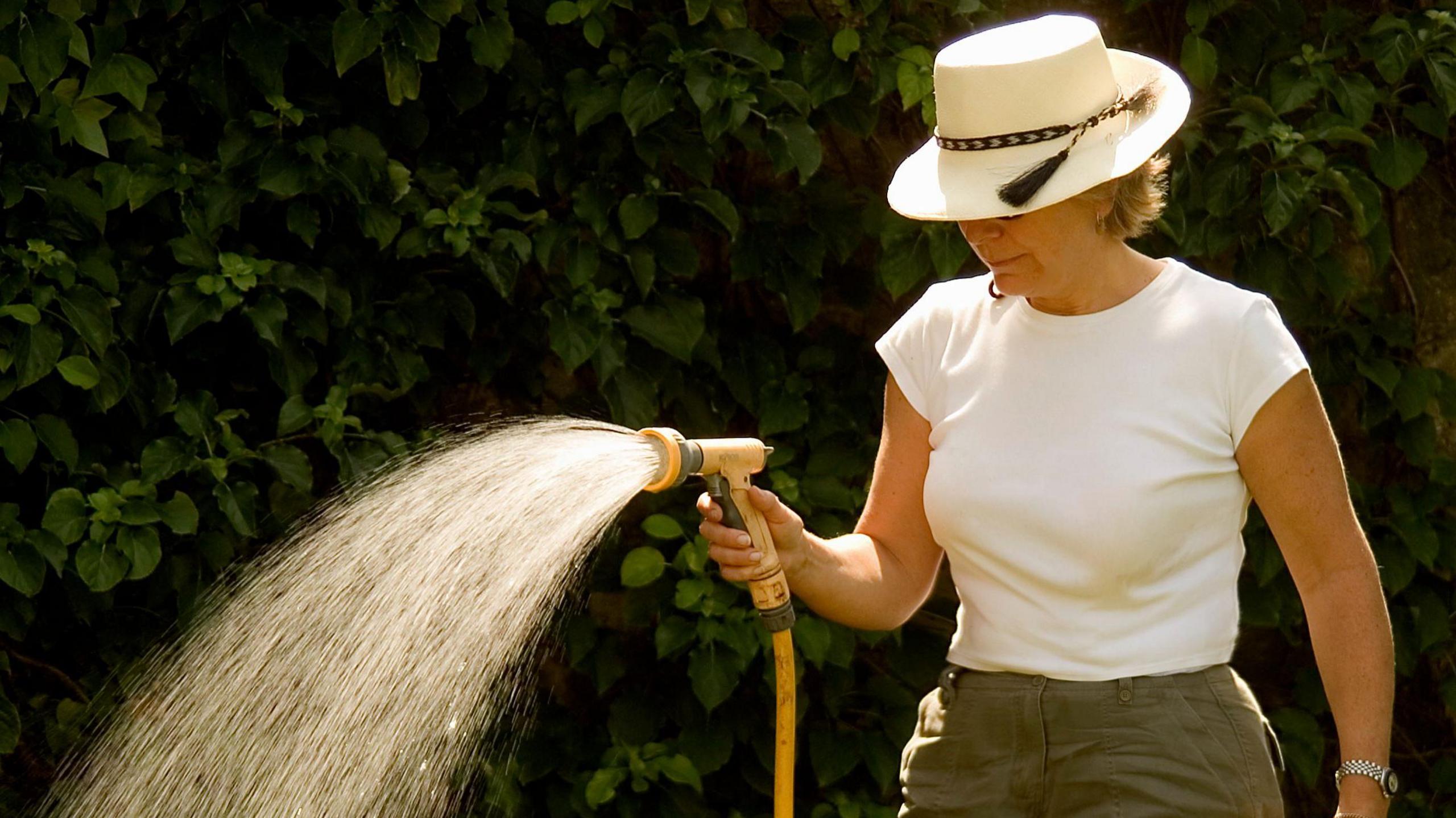
- Attribution
- Published3 September
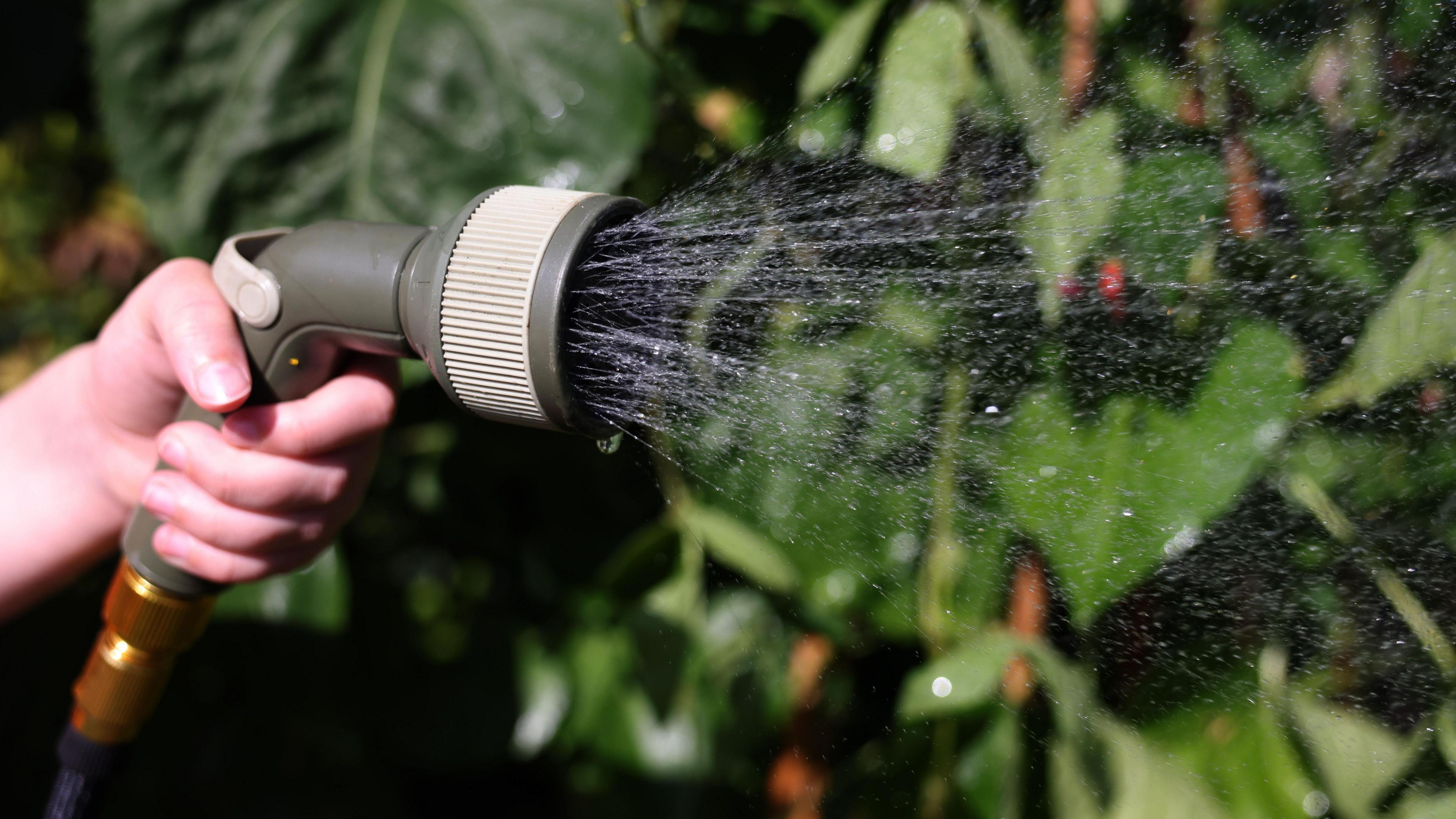
- Published14 August
